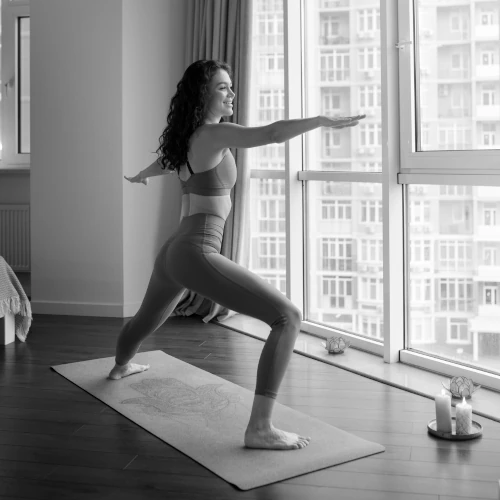Why Health Is Becoming a Luxury in South Africa
Love me or hate me, but today we’re touching on a slightly more sensitive topic - Money.
It’s become one of the most sensitive and closed-down conversations in our country. Why? Because we all feel the pressure. Not just in our personal budgets, but especially when it comes to medical bills.
I’ve just had a weekend wiped out by the flu, and while I usually try to tough it out with over-the-counter stuff, this time I needed some proper meds. After a short GP visit, a few routine checks, and declining a R1000 COVID test, I still walked away R2000 down. All for the flu.
It’s not only standard GP checks, but I’ve had one of my clients recently go in for a relatively standard meniscus repair on her knee. She pays almost R7000 per month for medical aid… but still had to fork out a R28,000 co-payment. It’s ridiculous.
Healthcare costs in South Africa have spiralled out of control. We now find ourselves needing medical aid, gap cover, and backup savings just to afford basic care - and many of us simply can’t keep up. It’s no wonder we put off going to the GP or delay getting symptoms checked out. The system feels stacked against the average person.
Healthcare in South Africa isn’t just expensive - it’s become intimidating.
The unpredictability of costs, the endless list of exclusions, and the constant co-payments (even with high-tier medical aid) have created a growing fear around seeking help. Many people delay consultations, skip follow-ups, or avoid even basic medical care out of anxiety about what it might cost them.
It’s this fear - and the system that fuels it - that leads people to wait until things are really bad before getting help. And by that point, options are fewer… and far more expensive.
That’s why early intervention and prevention are no longer a luxury - they’re a necessity.
Understanding your body now may save you thousands later - and more importantly, it gives you a sense of control in a system where most people feel powerless.
So What Can We Actually Do?
When a system feels this broken, how do we take back even a little bit of control?
1. Invest in Prevention, Not Just Reaction
One of the most underrated tools in healthcare is prevention.
But prevention isn’t just about green juices and gym sessions.
It’s about understanding your body. Listening to the signals. Addressing niggles early - not just when it becomes “serious”.
The cost of prevention?
- A few guided sessions
- Sustainable movement habits
- A better relationship with your body
Prevention is about early action - regular movement, stress management, sleep hygiene, and anti-inflammatory nutrition. These aren’t magic fixes - but they do help reduce the chances of major interventions down the line.
2. Stay Curious About Your Body
Your body speaks. Ask questions:
- Why does this keep hurting?
- When did it start?
- What makes it worse?
Tuning in early gives you a chance to act before things escalate.
3. Build Your Support Team Before You’re in Crisis
Know who you can turn to - whether it’s a GP, a counsellor, a Pilates instructor, a Bio, or a trusted friend. Having a go-to team makes you less reactive and more prepared.
4. Use Tech and Community to Your Advantage
We live in an age of access. Apps, online education, support groups, and even tools like ChatGPT can empower you to ask better questions and understand your body better. Engage. Learn. Take ownership.
Final Thoughts
This isn’t just about how expensive healthcare is. It’s about affordability - and that’s defined by what you choose to prioritise.
If health matters to you, prevention can become more affordable than the fallout of ignoring it.
The goal isn’t fear - it’s freedom. Freedom from unnecessary suffering. Freedom to move, live, and heal with confidence.
You don’t need to wait until things fall apart. You can start now - with small, meaningful steps.
Pay attention. Ask questions. Move with intention. And remember: your body is the one thing you live in every single day - it deserves to be a priority.
Here’s to sticking it to the cost of our Health Care system and taking ownership through understanding!
Love Dani


